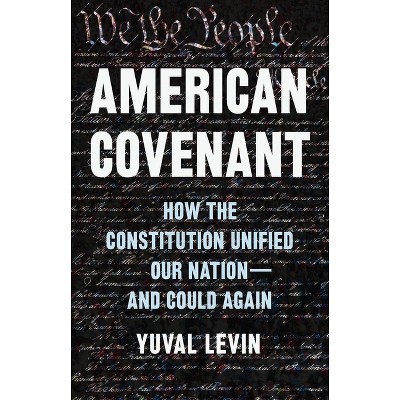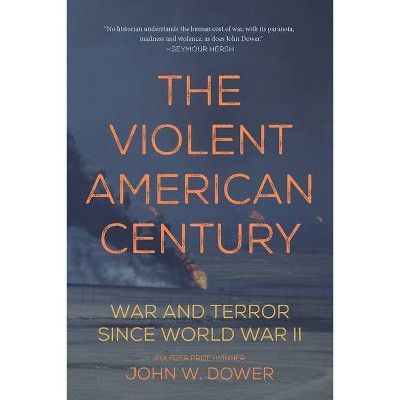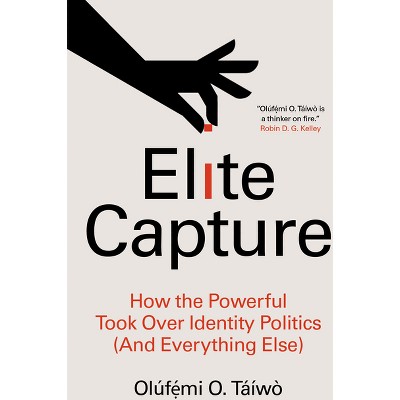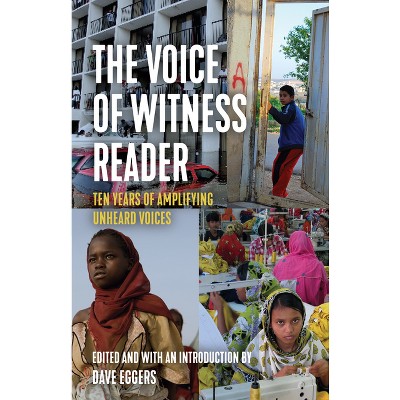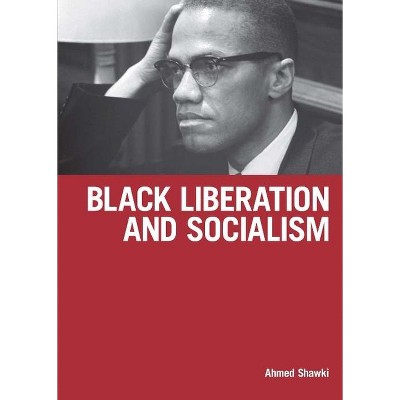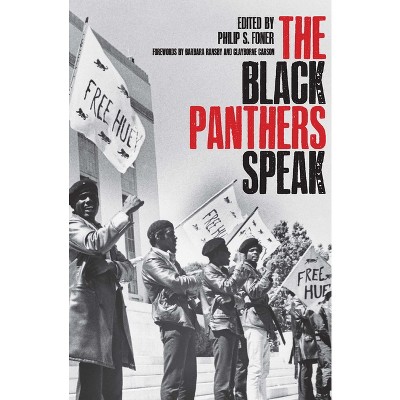About this item
Highlights
- Violent Order explores the everyday practices of police and policing as modes of violence in the fabrication of social order.
- About the Author: David Correia is an associate professor of American studies and geography & environmental studies at the University of New Mexico.
- 225 Pages
- Political Science, Civil Rights
Description
About the Book
"This book's radical theory of police argues that the police demand for order is a class order and a racialized and patriarchal order. To maintain it, they must patrol an imaginary line between society and nature and transform nature into inert matter made available for accumulation. Police don't just patrol the ghetto or the Indian reservation, and the thin blue line doesn't just refer to a social order. Rather, police announce a general claim to domination--of labor and of nature. Police and police violence are modes of environment making. This edited volume argues that any effort to understand racialized police violence is incomplete without a focus on the role of police in constituting and reinforcing patterns of environmental racism"--Back cover.Book Synopsis
Violent Order explores the everyday practices of police and policing as modes of violence in the fabrication of social order.
Review Quotes
"In Police: A Field Guide, incisively cuts through the 'copspeak' all around us-the language of policing that turns cattle prods into 'non-lethal pain compliance' and state-sanctioned sexual assault into a 'body-cavity search.' With this edited collection of new essays, Correia and Tyler take us deeper still. As Violent Order brilliantly elucidates, policing is not only racist and dehumanizing--it is world making, a way of fabricating capitalist racial fictions about nature and human nature. Violent Order illuminates the very nature of policing, which makes it essential reading for moving us from reform to abolition." --Naomi Murakawa, author, The First Civil Right
"In September 2021, the Atlanta City Council voted to raze 85 acres of city-owned
forest land and to replace it with a massive new police training facility. The pro-
posed facility, dubbed 'Cop City' by organisers who mobilised against it, was
backed by Atlanta's ruling class, but faced widespread community opposition.... It's difficult to make sense of projects like Cop City if one believes that policing is an institution generally designed to promote public safety. Why would a city and its corporate backers pursue such an unpopular and destructive project? How can they justify the destruction of nature in the era of oncoming climate catastrophe?
Those who are looking for answers will find many in Violent Order: Essays on the Nature of Police, an edited collection by scholar-activists David Correia and Tyler Wall that explores not only the police's role in repressing social movements, but also their role in constructing the harmful conditions that social movements work to transform." --Micah Herskind's review for Race and Class
"This book serves as an antidote to a range of contemporary tropes that increasingly fetishise forms of punitive-paternalism...The book also serves as a vaccine against the orthodoxy of the law-and-order mythology that has colonised almost all areas of culture and politics across the globe." -Erasmus Research
About the Author
David Correia is an associate professor of American studies and geography & environmental studies at the University of New Mexico. He is the author of Properties of Violence: Law and Land Grant Struggle in Northern New Mexico, and coauthor with Tyler Wall of Police: A Field Guide.
Tyler Wall is an associate professor of sociology at the University of Tennessee, Knoxville. He is the coauthor with David Correia of Police: A Field Guide.
Shipping details
Return details
Trending Current Affairs & Politics


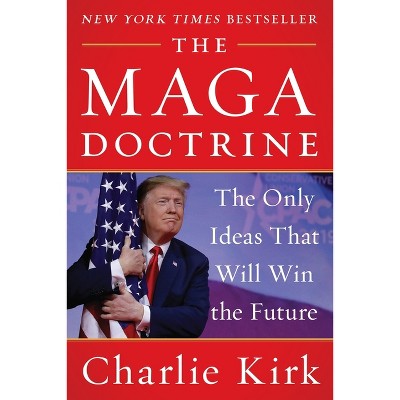
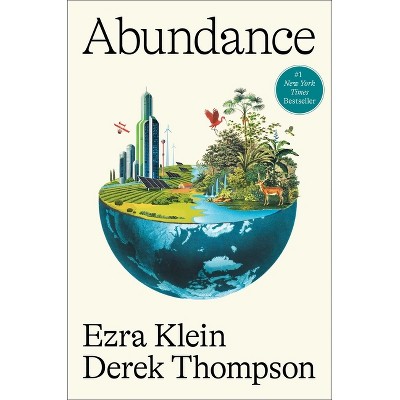
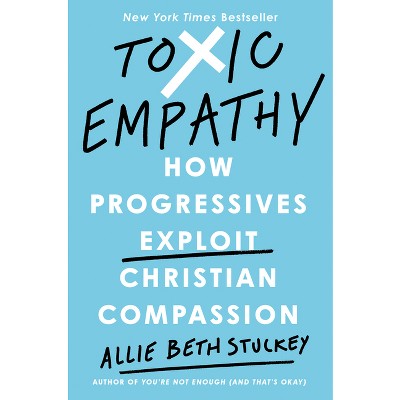
Discover more options


